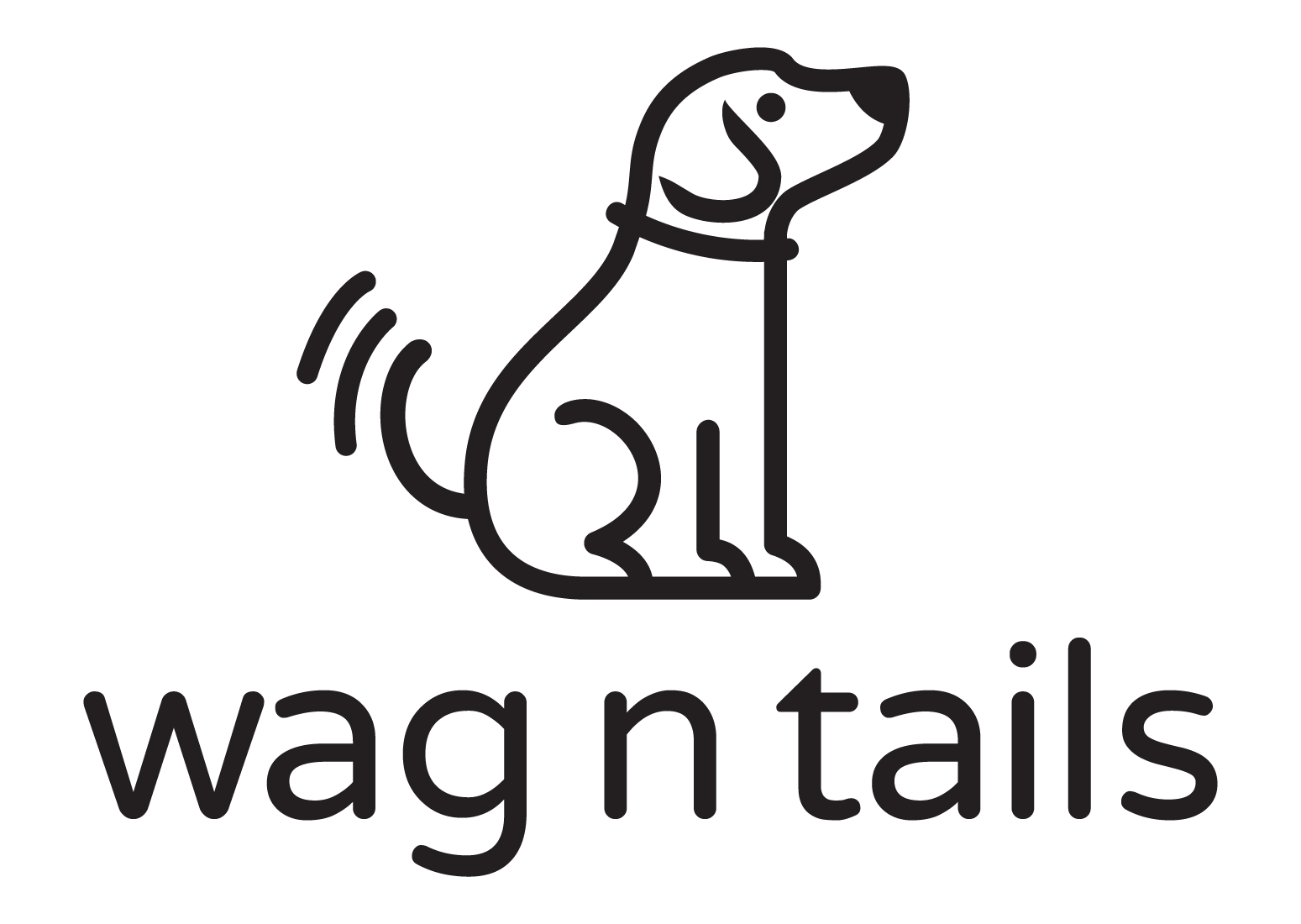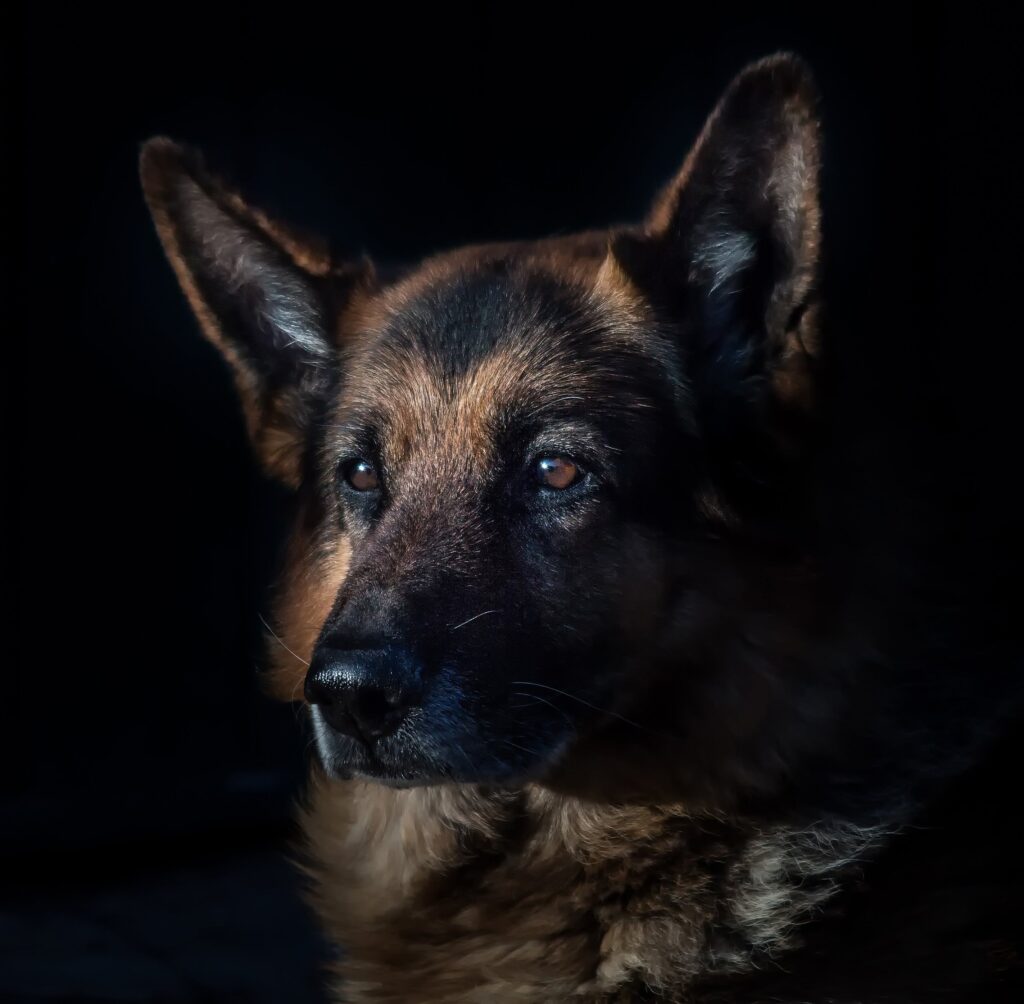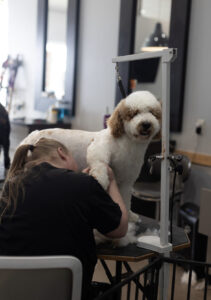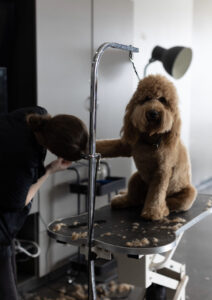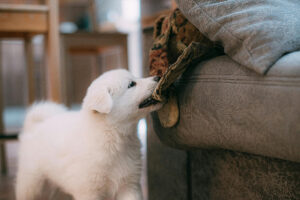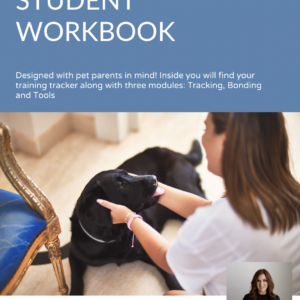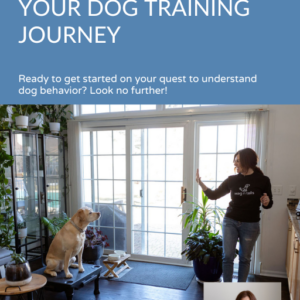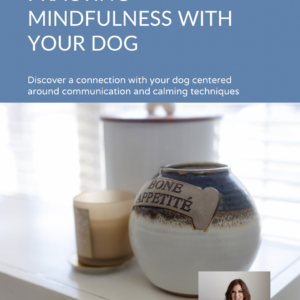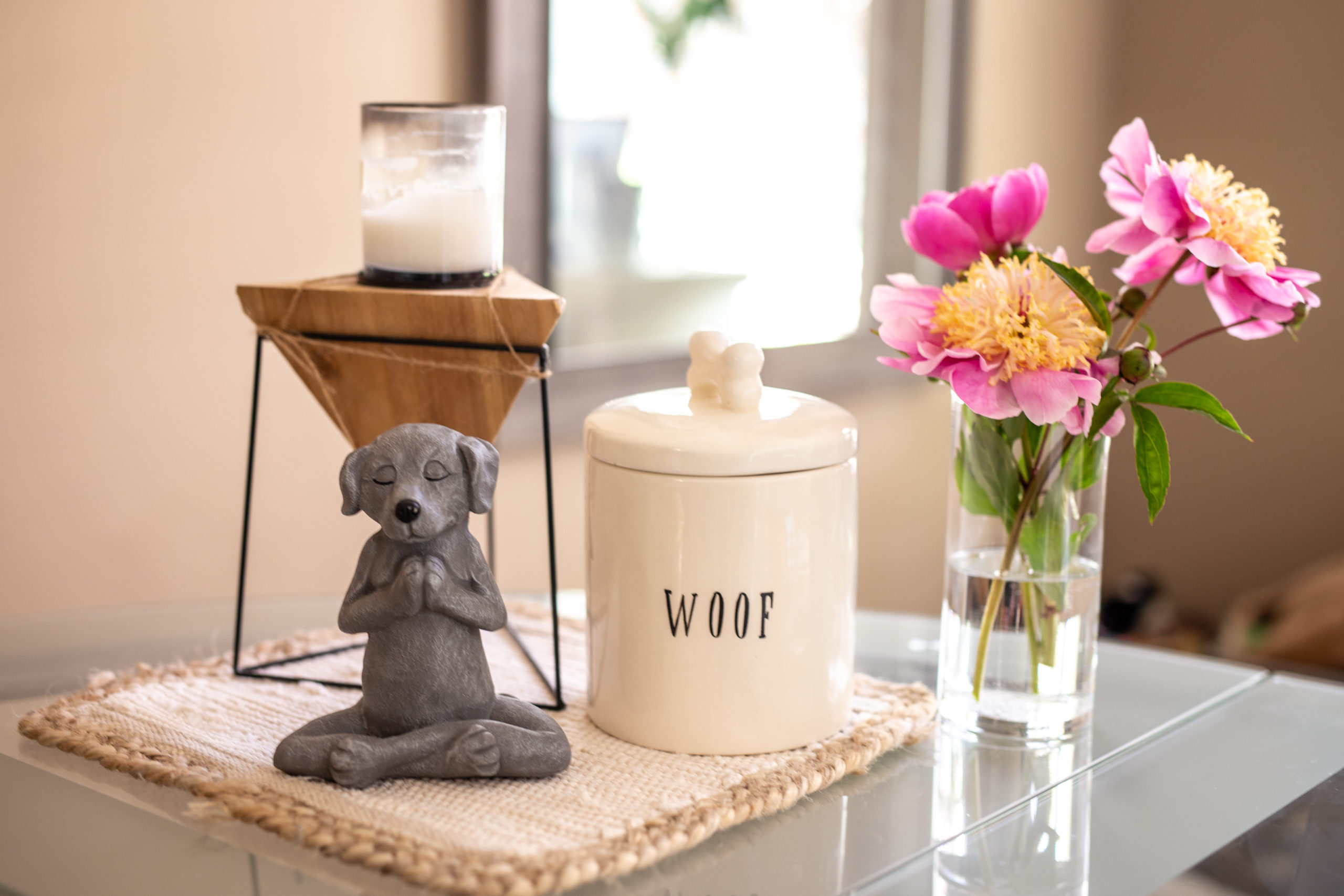Looking for some answers that might explain your dog’s unwanted behavior? I’ve got you! Let’s talk a little about science and psychology. In this blog we’re covering a tiny bit about Classical Conditioning. This conditioning is a fundamental concept in psychology that explains how associations are formed between stimuli and responses.
It was first introduced by the Russian physiologist Ivan Pavlov in the late 1800s. Despite the advancements in science and research since then, classical conditioning still plays a crucial role in understanding behavior and learning theory, particularly when we’re digging into dog training.
Ivan Pavlov’s classic experiment with dogs is a perfect example of classical conditioning. Pavlov initially conducted research on the digestive system of dogs, but he made a remarkable discovery related to learning. During his experiments, he noticed that the dogs would salivate not only in response to the food placed in front of them but also when the dogs were super excited in anticipation of the food.
Pavlov then began ringing a bell before presenting the food to the dogs. Over time, he noted that the dogs started associating the sound of the bell with the arrival of food. Eventually, just the sound of the bell alone would cause the dogs to salivate, even in the absence of food. This demonstrated that a neutral stimulus (the bell) could elicit a response (salivation) due to its association with an unconditioned stimulus (the food).
In this experiment, the unconditioned stimulus (UCS) was the food, which naturally elicited the unconditioned response (UCR) of salivation. The neutral stimulus (NS) was the bell, which initially had no response associated with it. Through repeated pairings of the bell (NS) with the food (UCS), the bell became a conditioned stimulus (CS), and the salivation response became a conditioned response (CR).
Classical conditioning is still highly relevant in dog training today. By understanding the principles of classical conditioning, trainers can effectively shape a dog’s behavior and modify their responses. For example, using a clicker as a conditioned stimulus (CS) paired with a reward (UCS) can help teach dogs new commands. When the dog hears the clicker, they anticipate a reward and begin associating the sound with positive reinforcement.
Also, classical conditioning can be used to modify a dog’s emotional responses to certain stimuli. For instance, if a dog has a fear or anxiety response to thunderstorms, we can implement a systematic desensitization and counterconditioning program. By gradually exposing the dog to the sound of thunder (starting at a low volume) while providing treats and other positive experiences, (whatever brings your dog the most joy!) the dog can learn to associate the previously fear-inducing stimulus with all things positive.
We have definitely progressed since Pavlov’s time, although classical conditioning remains a vital tool in dog training. It helps pet parents and pros create positive associations, modify behavior, and address various issues such as fear, anxiety, and aggression. By utilizing this fundamental principle, we can establish a much stronger foundation for effective and humane
learning methods, which helps to ensure the well-being and successful training of our forever buddies.
If your dog’s behavior seems confusing, check out more on the psychology of extinction and Toys to Bond and Interact With Your Dogs.
Check out my video on Classical Conditioning here: https://youtu.be/y708xWvzv0Y
Visit my Amazon page to see all my favorite supplies and recommended products to make life as a dog lover much easier: https://www.amazon.com/shop/christinefoxtrainer/list/
For amazing resources such as eBooks and PDFs, I invite you to join my Stan Store: https://stan.store/christinefox
To schedule a call or consultation: https://www.vagaro.com/wagntailsstudio
